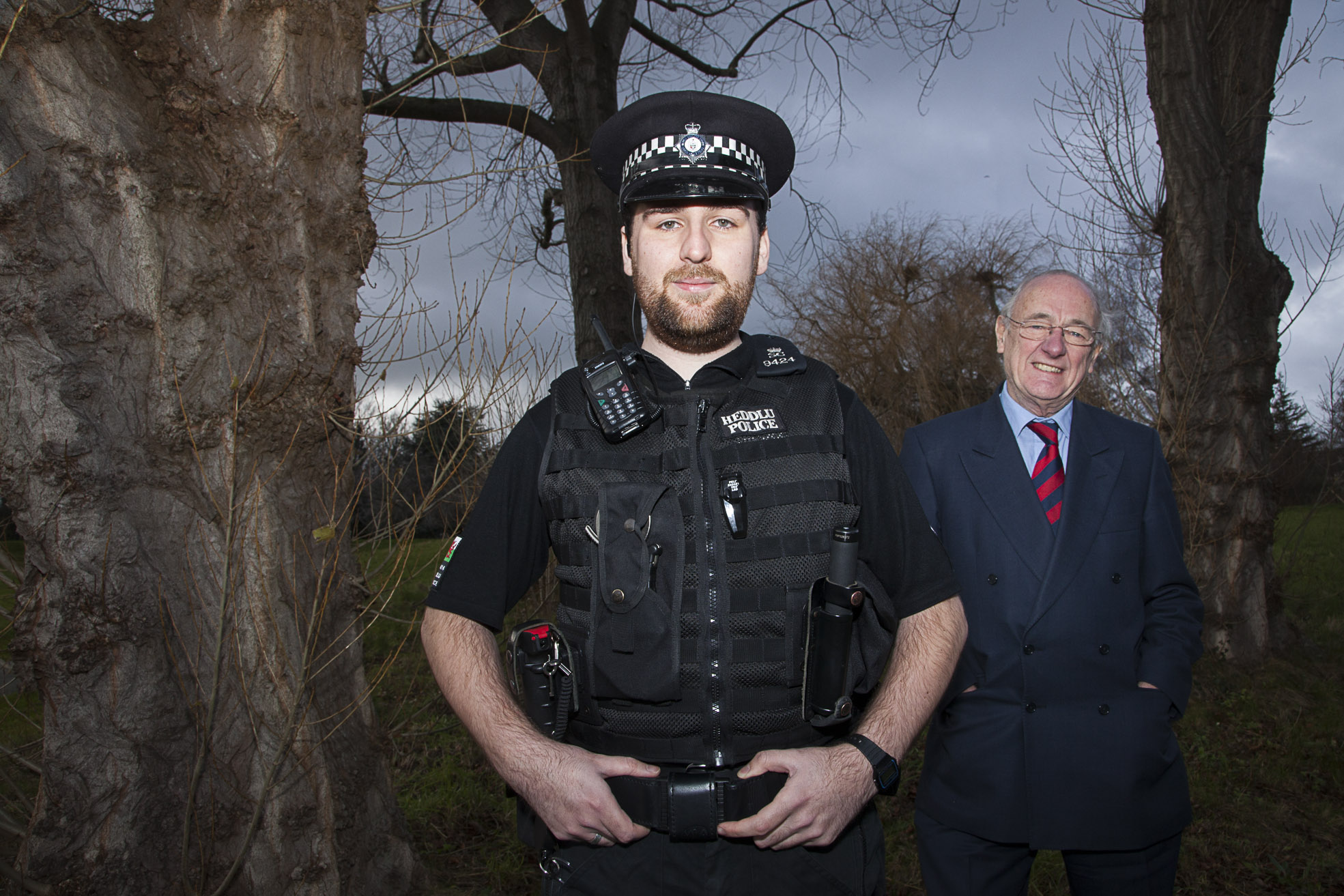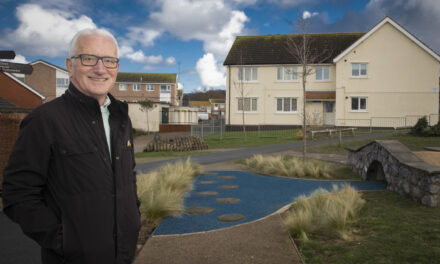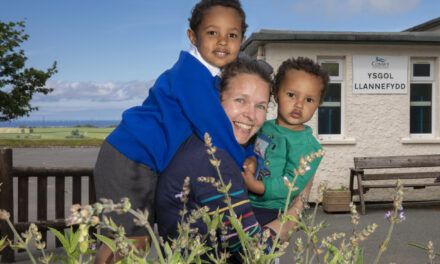A wildlife expert has been recruited to boost the police’s fight against countryside crime in North Wales.
According to Special Constable Phil Roberts, who’s based in Wrexham, joining the Rural Crime Team is a “dream come true”.
As well as having lifelong passion for birdwatching, the volunteer officer has a degree in zoology and a master’s in advanced biological sciences.
The Rural Crime Team was set up by North Wales Police at the instigation of North Wales Police and Crime Commissioner Winston Roddick CB QC.
Since it was established two years ago the taskforce has masterminded a dramatic 40 per cent reduction in the number of rural crimes – and an increase in the number of prosecutions.
These include such diverse offences as livestock rustling, theft of farm machinery, badger digging and stealing rare birds eggs.
Phil, 27, is one of 122 Special Constables in North Wales and the force has launched a recruitment drive to find more like him with relevant, high level academic qualifications, particularly in rural areas and from among the Welsh-speaking community.
Specials do everything that regular officers do and have the same powers. They have to commit at least 16 hours a month to their duties, although individuals can tailor hours to meet their needs.
Having worked as a supermarket trolley collector to fund his studies, Phil has now secured a job as a laboratory technical officer at Manchester Metropolitan University.
But he is determined to carry on is volunteer duties as a Special Constable which he started in September 2013.
Phil said: “I do care a great deal about science but I also do care about the work I do as a Special Constable and delivering effective policing. I do make a difference.
“There’s a lot of rural policing in North Wales so they do have to take account of the rural crime that goes on so that’s one of the reasons why I joined the Specials and chose North Wales as a force.
“My background knowledge will help me as a member of the Rural Crime Team. I’m enjoying it immensely.
“There is always a sense of pride when I put my gear in the locker at the end of a shift. There’s only a few other jobs in the world where you can get this kind of feeling from it.”
Mr Roddick is a great believer in the value of Special Constables and is pleased that Phil has joined the Rural Crime Team.
He said: “A number of the Rural Crime Team are from rural backgrounds and they move with ease and facility in the rural and agricultural community – they feel they are part of it.
“They have had a measurable impact. You need only ask the agricultural unions and the farmers.
“Special Constables make an invaluable contribution to the quality of policing, whether it’s in the countryside or in our towns.
“The Special Constabulary underlines that fundamental principle that the police are the community and the community are the police.
“Special Constables are volunteers from the community who do it out of sense of duty and they don’t get paid.
“Very often they have relevant skills that they bring to the job – like Phil who is a trained scientist and something of expert in wildlife matters.
“Specials come from every walk of life and that is a particularly attractive feature about them – they do bring something different to the mix, the mix that makes policing what it is in this country.
“We now have officers attached to CID, Roads Policing, Community Safety and the Arson Reduction Team, which was previously unheard of. We’re also looking for officers with qualifications in a range of areas including finance and IT.
“Phil is an example of somebody who brings in that something special and is highly qualified in his specialist area.
“In my Police and Crime Plan for the next 12 months, I have made special mention of Special Constables and volunteers more generally.
“We’re recruiting more Special Constables and other volunteers because our experience has told us that having Specials adds value to the quality of policing.”
Anybody interested in finding out more about how to become a Special Constable should email SSFSpecialsRecruitment@nthwales.pnn.police.uk or ring 01492 804224 or use the #BeSpecial hash tag on Twitter.










